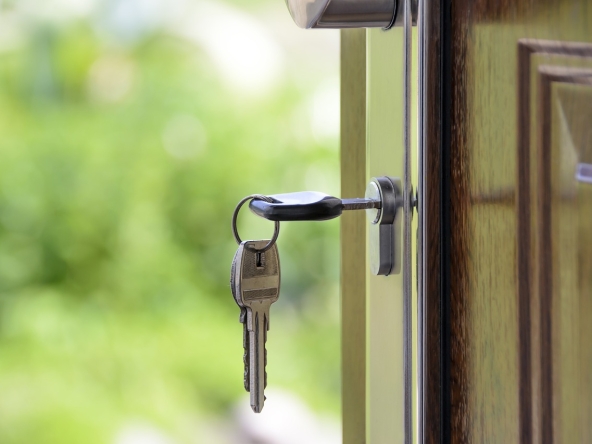The Spanish tax system is not easy to get your head around, with a lot of form-filling required by the authorities.

Not surprisingly, everything must be done correctly, and if you don´t declare your income, then you could be fined or even sent to prison!
That´s where Sun Lawyers can help, guiding you through all the processes involved, with lawyer José María Lomax giving you some advice in this article about taxation for non-residents in Spain.
From the point of view of tax, a person is a Spanish resident when they live more than 183 days a year in Spanish territory, regardless of whether they have an official residence permit or not.
A person is also classified as a Spanish resident when their centre of vital interests is in this country, like if their partner or a dependent child lives here, or if their main finances and investments are in Spain.
If you do not meet any of these conditions, you are a non-resident, but you may still have to pay tax.
The Spanish tax system operates through a self-assessment and that means taxes could need to be paid on properties, capital gains or income from freelance work.
Unlike the UK, the tax year starts on January 1st and ends on December 31st, with the Tax Agency needing payments on any assets you might have in Spain, as well as any part-time work you do here.
José María Lomax says: - “Spain works with a progressive income tax system, which essentially means that the more you earn or own, the more you will have to pay”
A non-resident in Spain from a European Union member state or a European Economic Area country will be charged an income tax rate of 19 per cent as a rule, whilst outside those areas, the general rate goes up to 24 per cent.
“Everybody who has a Spanish property has to pay taxes”, says José María.
“If a property is owned by more than one person, then each individual is treated as an independent taxpayer by the Tax Agency”.
The amount of tax to be paid depends what main use is for the property. So, if the home is for private use, the owner will have to pay an annual tax fee.
That changes if the property is rented out, with another tax coming into play, and if it is split between a private residence and rental accommodation over a year, then the owner will have to pay the appropriate portion of each tax.

If you are a non-resident who rent out a property, then the law says that you need to pay tax on rental income four times a year in January, April, July and October.
If you want to know more about Spanish taxes or other matters, such as the documents you need to buy a property in Spain, then give Sun Lawyers a call.
The team are fluent English speakers, and specialise in legal, property and financial law across the Costa Blanca, and your first consultation is free!
The Cabo Roig head office is on Calle Cielo, 9, ground floor 3
Call us now on:+34 96 532 11 93,
Or email admin@sun-lawyers.com
They also have offices in Calpe, Jávea, Playa Flamenca, La Fuente and La Dehesa de Campoamor.





